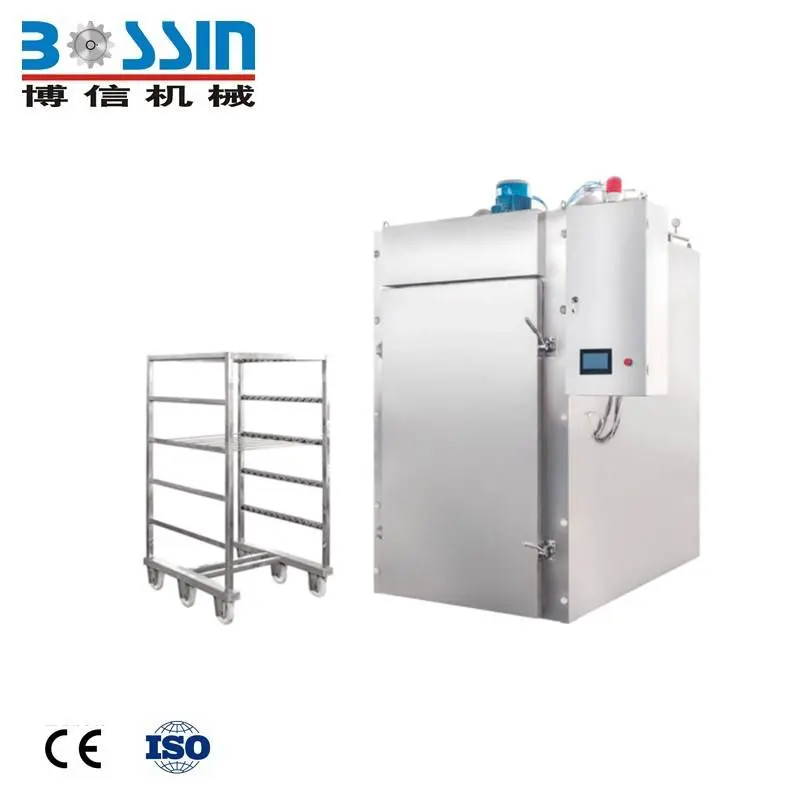
Jul . 28, 2024 08:15 Back to list
Leading Manufacturer of High-Quality Meat Mixer Machines for Efficient Food Processing Solutions
The Role of Meat Mixer Machines in the Food Industry
In the food processing sector, the production of high-quality meat products is crucial for both safety and consumer satisfaction. One essential piece of equipment that plays a pivotal role in this industry is the meat mixer machine. As the demand for processed meat continues to rise globally, manufacturers are continually innovating to enhance the efficiency and quality of meat mixing processes.
What is a Meat Mixer Machine?
A meat mixer machine is designed to combine various ingredients with ground meat to produce a homogeneous mixture. This equipment is invaluable in the production of sausages, meat patties, and other processed meat products. The primary purpose of these machines is to ensure that meat is mixed thoroughly with additives such as spices, seasonings, and fillers, which are essential for flavor, texture, and preservation.
Types of Meat Mixer Machines
There are several types of meat mixer machines available in the market, each catering to different production needs
1. Horizontal Mixers These mixers utilize a horizontal mixing chamber equipped with blades or paddles that effectively mix ingredients. They are particularly beneficial for larger batches and are commonly used in commercial meat processing facilities.
2. Vertical Mixers Unlike horizontal mixers, vertical mixers have a vertical mixing chamber, which allows for a more compact design. They are suitable for smaller operations and are often used in butcher shops or small-scale meat producers.
3. Vacuum Mixers These advanced machines come equipped with a vacuum function that removes air during the mixing process. This is particularly important for products that are sensitive to oxidation, ensuring a fresher product with an extended shelf life.
meat mixer machine manufacturer

4. Tumble Mixers Tumble mixers rely on gravity to mix the ingredients effectively. They are known for their gentle handling of meat, making them suitable for delicate ingredients that might be damaged by more aggressive mixing methods.
Benefits of Using Meat Mixer Machines
1. Improved Efficiency Manual mixing can be time-consuming and labor-intensive. Meat mixer machines streamline the process, allowing for faster production times and increased output.
2. Consistency and Quality One of the most significant advantages of using a meat mixer machine is the ability to achieve consistent mixing results. This uniformity is vital for maintaining product quality and meeting food safety standards.
3. Flexibility Many modern meat mixers can accommodate various recipes, making it easy for manufacturers to adapt to changing consumer demands. This flexibility allows for the introduction of new products without the need for significant investment in new equipment.
4. Reduced Labor Costs By automating the mixing process, businesses can reduce labor costs and minimize the risk of human error, leading to better overall efficiency and product safety.
Choosing the Right Manufacturer
When selecting a meat mixer machine, it is crucial to consider the manufacturer’s reputation, experience, and the quality of their equipment. A reliable manufacturer will offer machines that meet industry standards and provide excellent customer support, including installation and maintenance services.
In conclusion, meat mixer machines are an integral part of the meat processing industry. They enhance efficiency, ensure product consistency, and ultimately contribute to the production of high-quality meat products. As the demand for processed meat continues to grow, investing in advanced mixing technology will be essential for producers looking to remain competitive. Businesses that prioritize quality and efficiency will find meat mixer machines to be a valuable asset in their production process.